If the traditional financial systems were to collapse, having something of real, tangible value can offer a powerful sense of security and peace of mind. A few preparations now can mean smoother sailing when others might be struggling to keep afloat. Whether it’s metals, supplies, or skills, alternative currencies have stood the test of time in past crises, offering a means of trade that doesn’t rely on a banking system. Here’s a breakdown of 26 alternative currencies you can rely on if things take a downturn, helping you stay prepared, independent, and ready for whatever comes.
1. Gold

Gold has been a reliable store of value for centuries, prized for its rarity and beauty. It’s accepted almost universally and retains value through inflation and currency collapse. While you’ll need secure storage for it, gold is widely trusted and can be easily traded.
2. Silver

Silver is another precious metal that holds steady value, though it’s more affordable and accessible than gold. It’s easy to trade in small amounts and historically has been used as currency in times of crisis. Silver coins or bullion are ideal for those looking to diversify their currency options.
3. Copper

Copper is less valuable than gold or silver, but it’s still seen as a reliable metal with practical uses. Its value as a raw material and in small coin forms makes it versatile for trade in more localized or informal economies.
4. Bartering Skills

Skill-based bartering—like carpentry, medical aid, or even farming—becomes its own currency during economic turmoil. Offering needed services in exchange for goods can be even more valuable than cash in certain situations. Learning these skills now is a practical investment.
5. Bitcoin
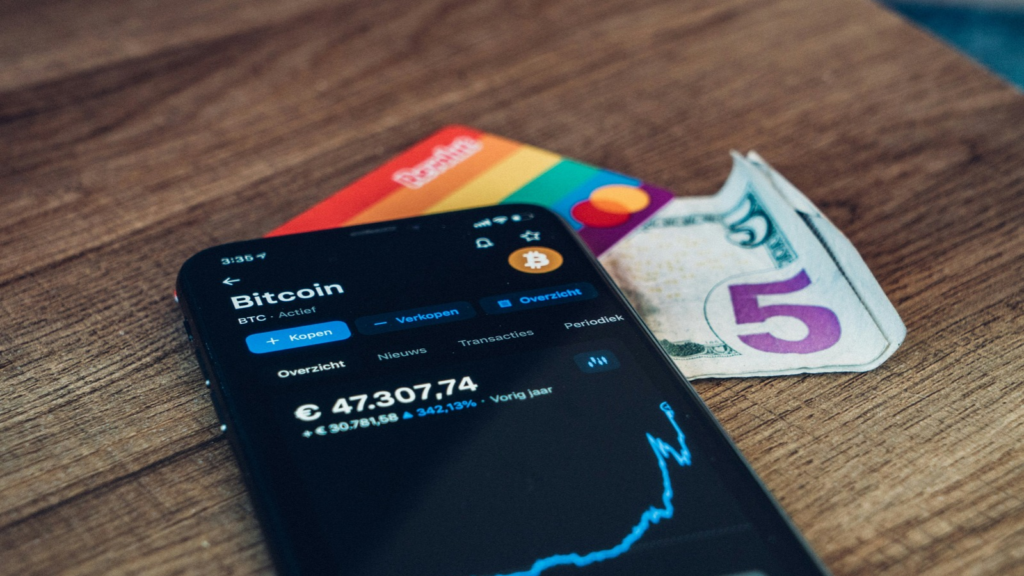
Bitcoin and other cryptocurrencies operate independently of banks and governments. They’re valued for their security and can be used worldwide. In economic upheaval, having a digital currency like Bitcoin offers flexibility, though it’s still reliant on access to technology and the internet.
6. Other Cryptocurrencies
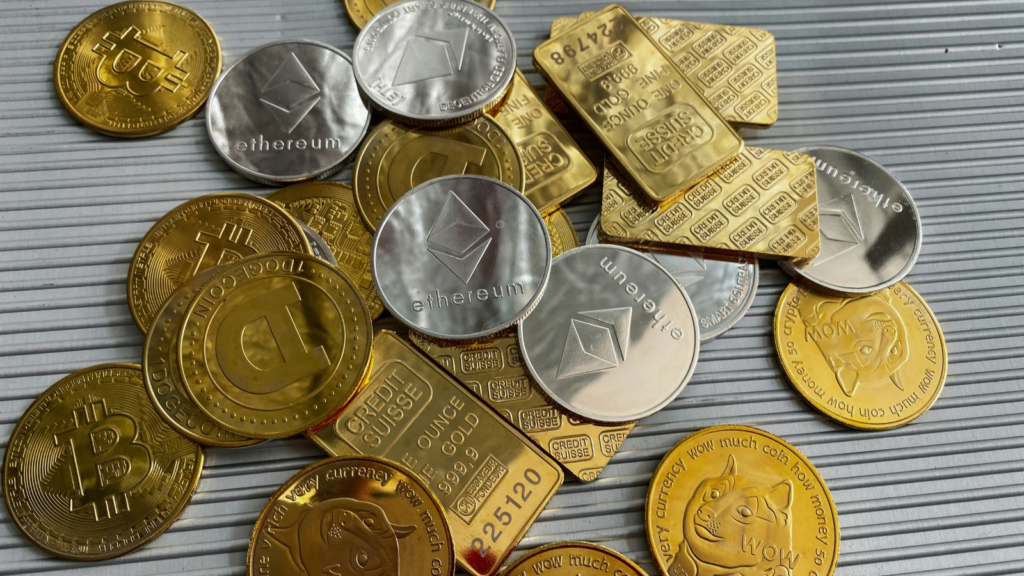
Beyond Bitcoin, cryptocurrencies like Ethereum, Litecoin, and Monero are also popular for secure, decentralized transactions. Each has unique features, so it’s worth learning about the different ones to see which might fit your needs in a crisis.
7. Local Currencies
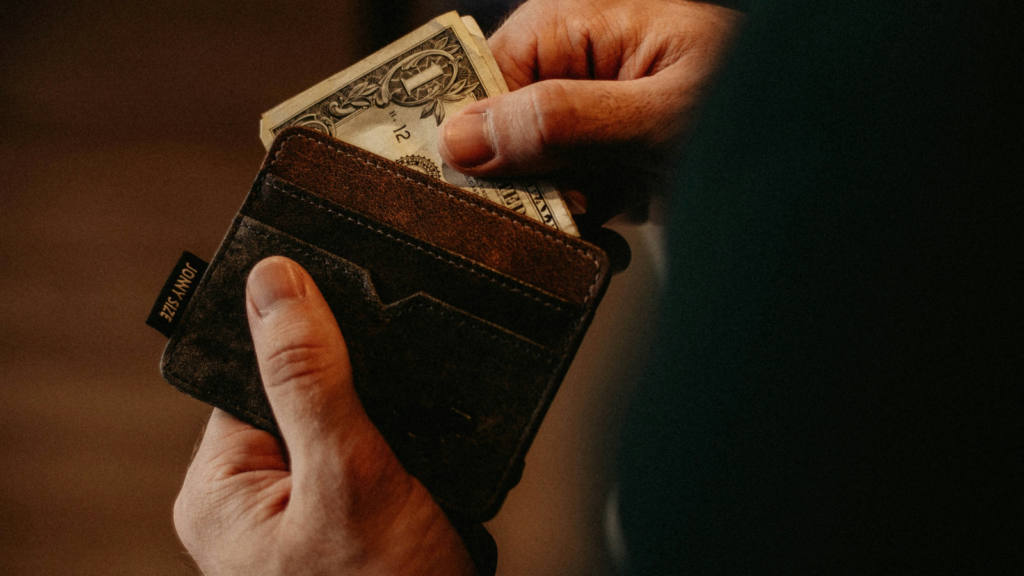
Many towns and communities have their own currencies that can be used to buy goods and services within that region. These currencies help keep local economies strong and can be a stable trade option when the national currency is unstable.
8. Cigarettes
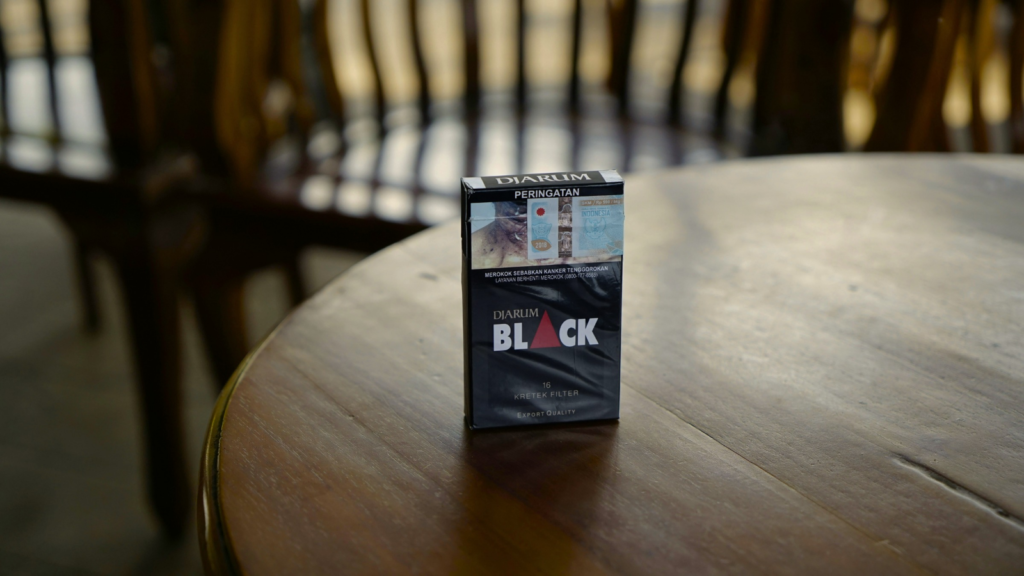
In past crises, cigarettes have been an effective currency. In wartime and during the Great Depression, people traded cigarettes for food, services, and other goods. They’re compact, widely valued, and can be traded in small increments.
9. Alcohol

Alcohol, like whiskey or vodka, has historically held high barter value. It’s long-lasting, in demand, and can be divided up for small trades. Spirits, in particular, make great bartering goods since they don’t spoil and are seen as a luxury item.
10. Ammunition

Ammunition is valuable for hunting and self-defense and has a long shelf life. In communities where security or food sourcing is a priority, ammunition can become an alternative currency, allowing for trades for food, tools, or other essentials.
11. Seeds
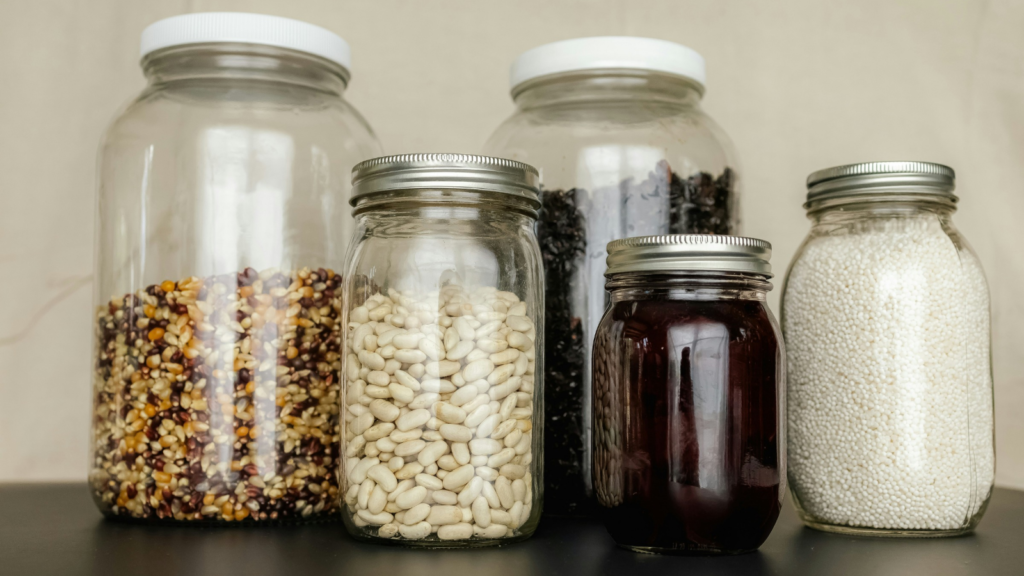
Heirloom seeds, which can be planted year after year, are immensely valuable when food supply chains are broken. Seeds for vegetables, grains, and fruits become currency in themselves, providing the means to grow food and sustain life.
12. Gasoline
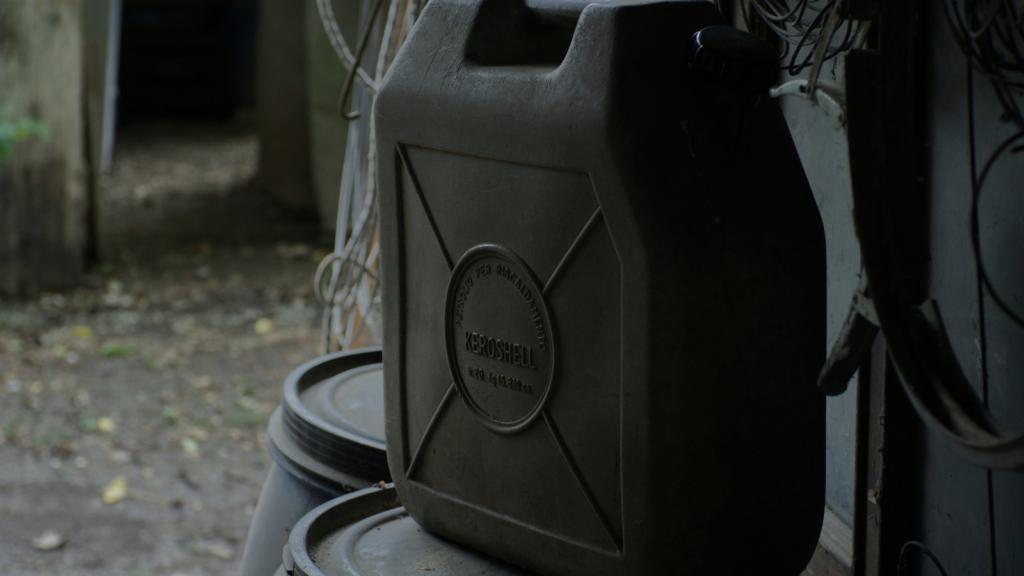
Fuel is necessary for transportation, machinery, and heating, making it a high-value trade item in any crisis. Gasoline can be stored for a limited time and traded in small quantities, ideal for emergency situations.
13. Firewood

For communities in colder climates, firewood is an essential resource that becomes as good as gold in times of crisis. It’s straightforward to stockpile and can be traded for food, clothing, or tools, especially in off-grid communities.
14. Medical Supplies

First-aid kits, bandages, antibiotics, and over-the-counter medications become very valuable when regular supply chains falter. These items are always in demand and can be traded for food, fuel, or other essentials.
15. Water Purification Tools
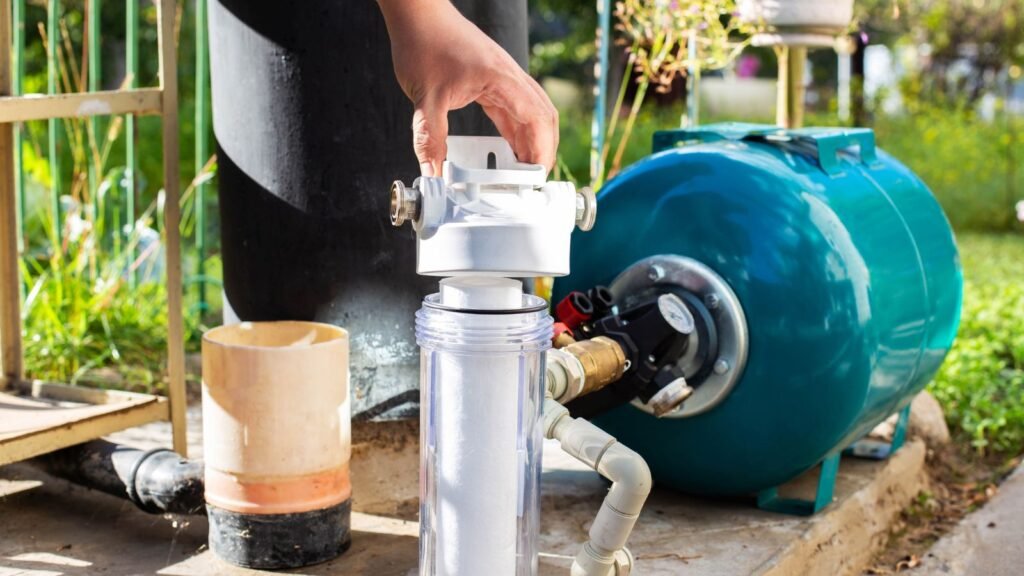
Clean water is a top priority in survival situations. Water filters, purification tablets, or even access to clean water sources hold great trade value. These items are compact and can be invaluable for both immediate and longer-term needs.
16. Batteries
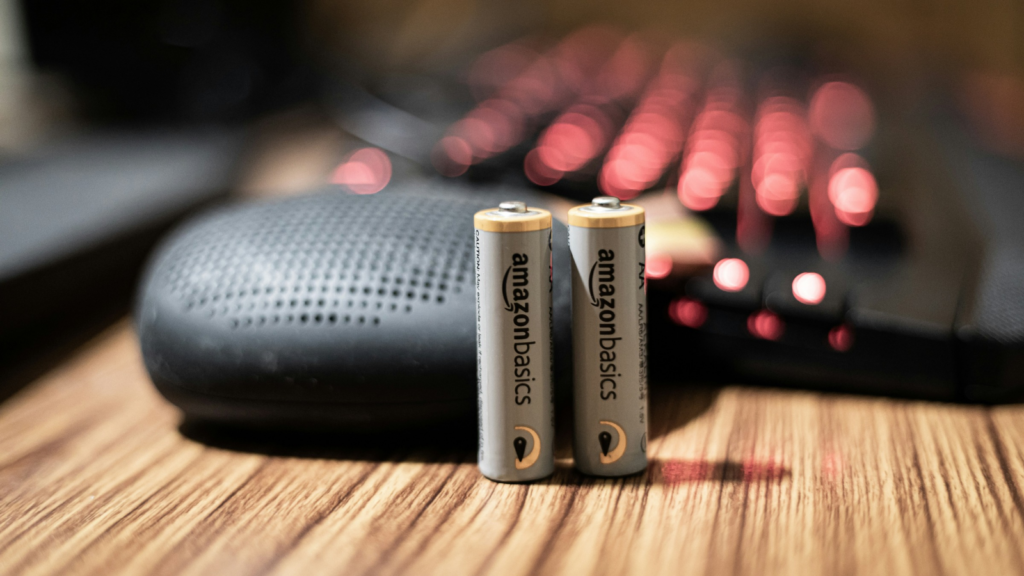
Batteries power essential items like flashlights, radios, and medical equipment. In any crisis where electricity may be unreliable, batteries are a valuable trade item. Stocking different sizes helps maximize their usefulness.
17. Solar Panels

Small, portable solar panels allow people to charge devices and access power independently. In areas with lots of sunlight, solar panels can be life-changing and become a high-value trade item when traditional power sources are unavailable.
18. Hygiene Products

Toothpaste, soap, sanitary products, and deodorants become luxury items when supplies dwindle. These goods have a high bartering value in times of crisis and help maintain hygiene and morale, making them ideal to keep on hand.
19. Clothing and Shoes
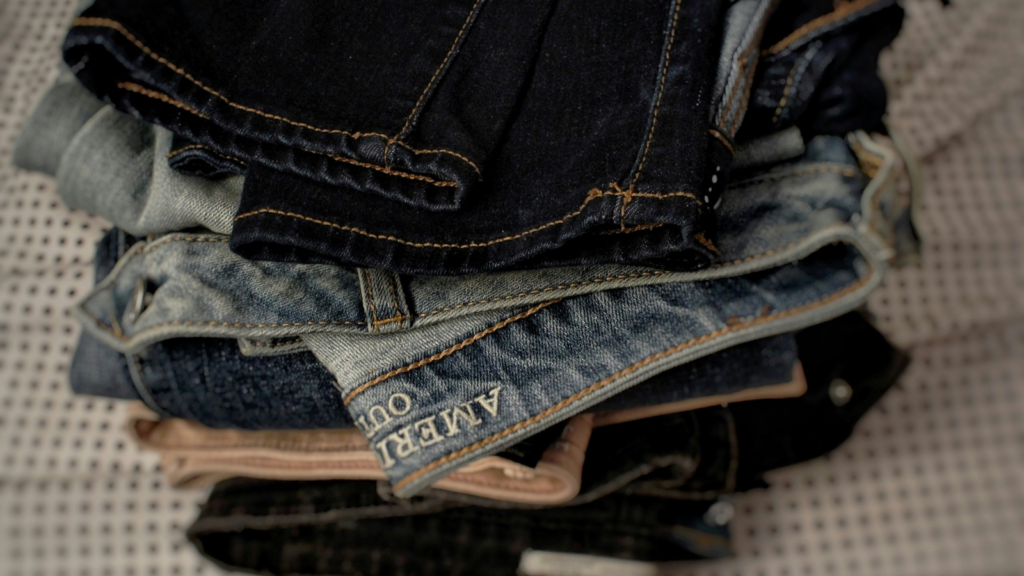
Warm clothing, sturdy shoes, and quality outerwear are essential, especially in colder regions. They retain their value and can be traded for other essentials like food and medical supplies, especially if clean and durable.
20. Cooking Oil

Cooking oil is essential in preparing food, and it has a long shelf life when stored properly. In difficult times, oil can be worth a lot in bartering, especially in regions where high-calorie foods are scarce.
21. Coffee

Coffee is another luxury item that can boost morale and is in demand even during tough times. It’s portable, has a long shelf life, and can be traded for essentials when people are craving a caffeine boost.
22. Sugar and Honey
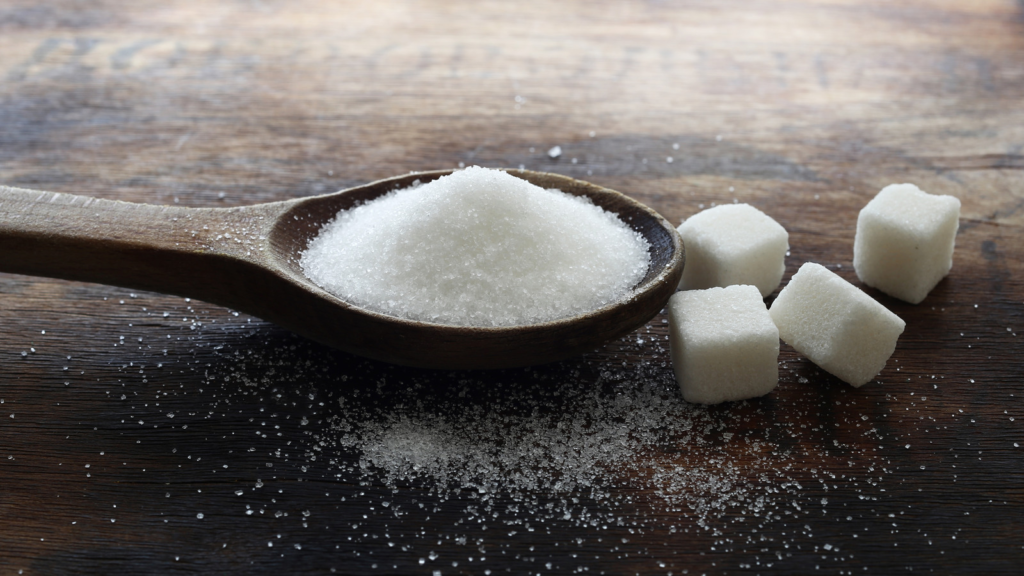
Sweeteners like sugar and honey are always in demand, as they’re both hard to produce in crisis and versatile in cooking. Honey, in particular, has an indefinite shelf life, making it a valuable commodity.
23. Salt
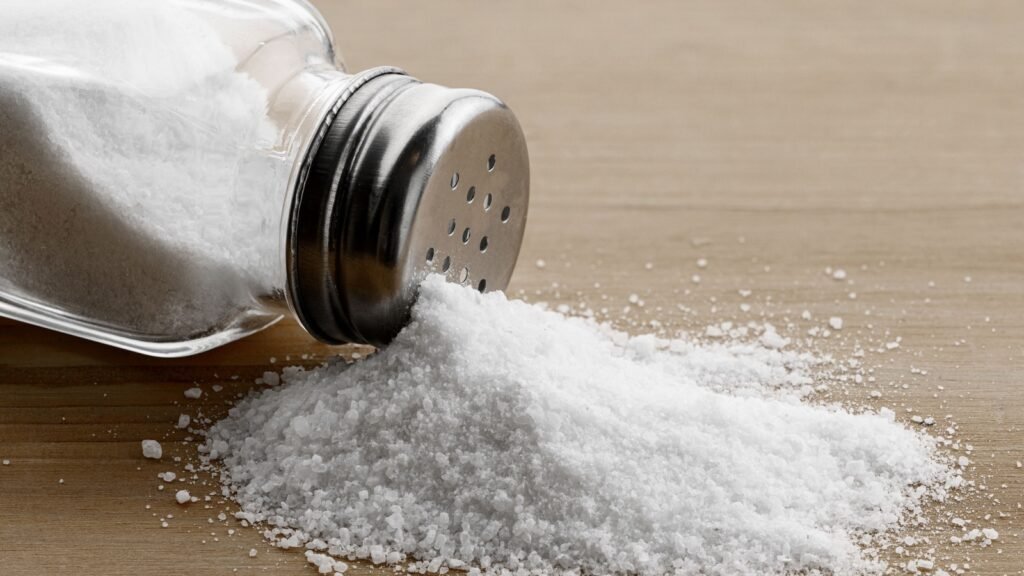
Salt is essential for preserving food and seasoning, making it a highly valuable trade item. It has been used as currency for centuries and can be easily stored long-term.
24. Spices
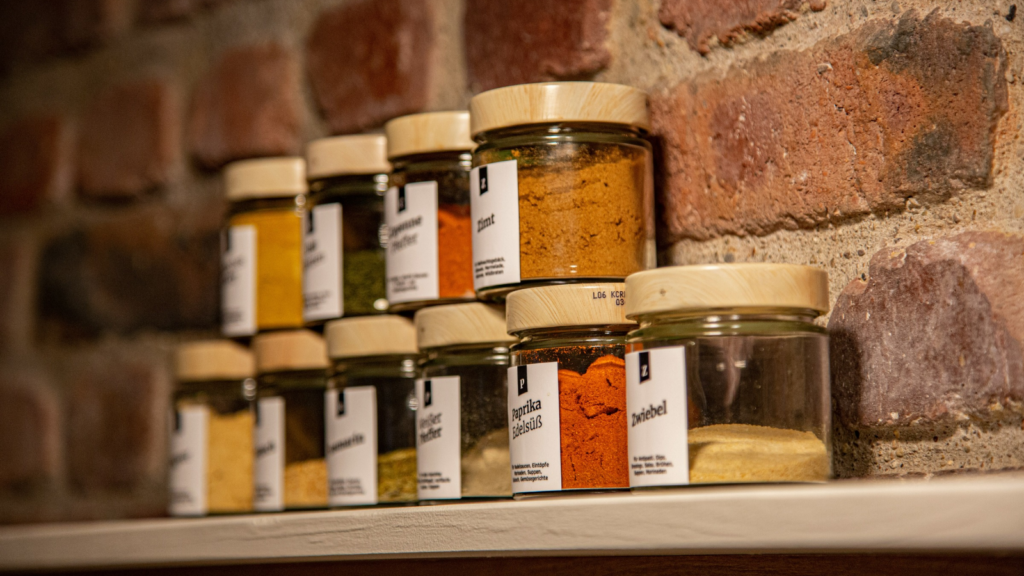
Spices are a luxury that becomes even more precious in crisis, as they add flavor to otherwise bland foods. While small and easy to store, they hold high bartering value when access to diverse foods becomes limited.
25. Fishing and Hunting Gear

Fishing rods, tackle, traps, and small hunting gear can provide a source of fresh food. In a crisis, these items become immensely valuable for those living near bodies of water or in hunting regions, and they’re worth stocking for future trade.
26. Books and Knowledge

Books on farming, medicine, mechanics, and other essential skills become valuable resources when technology fails. Hard-copy books are priceless for survival knowledge, making them an ideal barter item in an economy without digital access.

